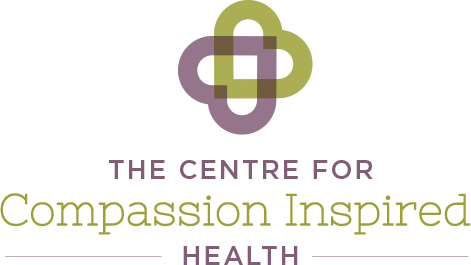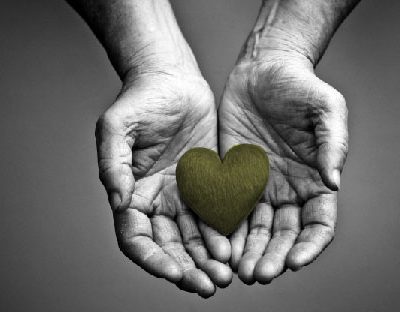Forgiveness is an important part of self-care and an integral component of learning to manage difficult relationships in our lives. Mindfulness and Self-Compassion can help us. That is why Forgiveness Practice is included in Mindful Self-Compassion Training.
The first step in Forgiveness Practice requires a stirring of the pot. Reliving the distress of what happened. Facing the simple fact that we were hurt. We feel what we feel, without judgment. We cannot forgive others or ourselves without first opening to the hurt, the guilt and the shame that we experienced or caused. This is not easy. Mindfulness and support from friends, family and/or a counsellor can help.
Self-Compassion is the salve that allows our hearts to melt with sympathy for the pain, no matter what the cause or conditions. Self-Compassion is simply treating ourselves with the same care and kindness we would offer to someone we cared about.
Self-Compassion allows us to gain some perspective – some equanimity about our situation.
Equanimity helps us cultivate the wisdom to see that there are many interdependent causes and conditions that contribute to bad behaviour on our part and others and that it is not personal.
At any time we can cultivate our intention to forgive:
“May I begin to forgive myself for what I did, wittingly or unwittingly,
to have caused this person pain”.
“May I begin to forgive the other, for what they did, wittingly or unwittingly,
to have caused me pain”.
It is so important to commit to ourselves to not repeat the same mistake and to stay out of harm’s way to the best of our ability. Forgiveness does not mean accepting bad behaviour or resuming a relationship that caused harm. Instead, “forgiveness is giving up all hope for a better past”.
Here are some guided meditations offered by Dr. Chris Germer to help with forgiveness practice:
Forgiveness of Others 16 min guided meditation
please contact Victoria Pawlowski Counselling






